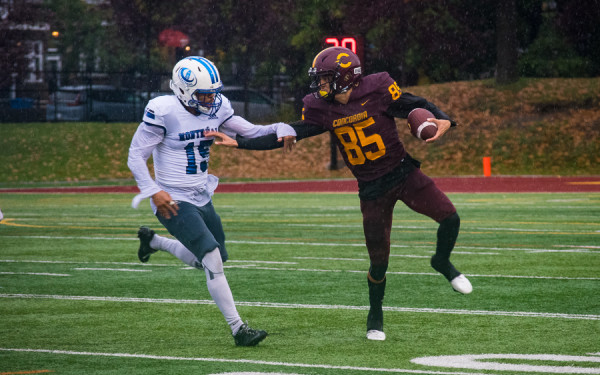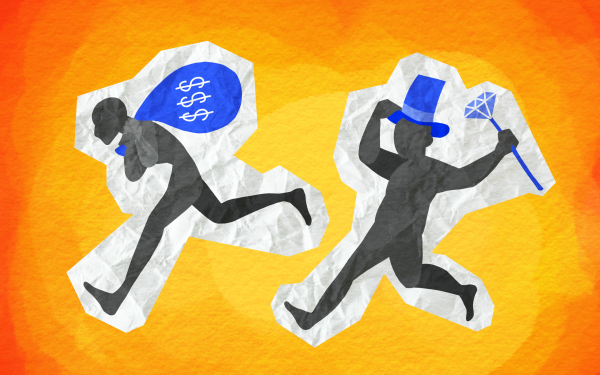Shut Up and Dribble: The curious case of sportswashing
How some of the world’s worst regimes use sports as PR
The Supercopa de España just wrapped up in Saudi Arabia’s capital city of Riyadh, and with it, another successful case of sportswashing.
What is sportswashing? Popularized by Amnesty International back in 2018, it is the latest PR maneuver oppressive governments have been using in order to improve their global standing. The whole thing is quite simple really: got bad press because of your human rights abuses? Shovel hundreds of millions of dollars into hosting a sporting event with an international audience.
You can now use that event to frame your country the way you want it—a happy and unified place where everyone bonds over their collective love of sport. This Supercopa was an excellent sportswashing opportunity for the Saudi government given that they would host a Clasico, the biggest sporting rivalry in the world.
Russia’s hosting of the 2018 World Cup was a much more subtle version of the same concept. Instead of concentrating on the Russian government’s silencing of journalists, political opponents, and critics of Putin’s regime, we all got together and marvelled at the best players in the world putting on a show. Russian workers and forced labourers from North Korea were used in the construction of stadiums, with at least 21 deaths along with unfair wages and unsafe working conditions, but who cares about that when Benjamin Pavard smashes one top bins and half the world goes apeshit?
The exact same thing is going on in preparation for this year’s World Cup in Qatar, albeit less subtle. Since 2010—when the bid was won—Qatar has rapidly expanded its infrastructure and began building massive stadiums to cope with the demand and stress that a World Cup brings to a country. In that period of time, over 6,500 migrant workers have died as a result of either unsafe working conditions or Qatar’s inhuman working legislation that allows migrant workers to receive sponsorship in exchange for their human rights.
Russian workers and forced labourers from North Korea were used in the construction of stadiums, with at least 21 deaths along with unfair wages and unsafe working conditions, but who cares about that when Benjamin Pavard smashes one top bins and half the world goes apeshit?
While the football world is definitely making a point to appeal to the highest bidder, they are nowhere near the biggest culprit of pandering to these kinds of regimes—Formula One.
READ ALSO: Shut Up and Dribble: The Sports World Should Be a Leader in the Charge for Change
The F1 calendar is already loaded with races in countries with sketchy human rights records at best like Qatar, Bahrain, Azerbaijan, Russia, and most recently Saudi Arabia. F1’s #WeRaceAsOne initiative only means so much when they continue to bring millions of dollars in tourism and sponsorships to these governments that go against everything the aforementioned initiative is supposed to stand for.
Athletes standing up and voicing their opinion only does so much, even if you’re at the top of the sport. Sebastian Vettel and Lewis Hamilton have a total of 11 World Driver’s Championships between them and despite them voicing their displeasure with racing in Saudi Arabia, that didn’t stop F1 from signing for “a decade, if not longer.”
It’s very demoralizing to see the sports you love build ties to regimes with human rights records like this. It’s also a stark reminder that sport is no longer purely entertainment, it’s a multi-billion dollar industry and—just like any other industry of that size—it’s financed by some pretty bad people.







